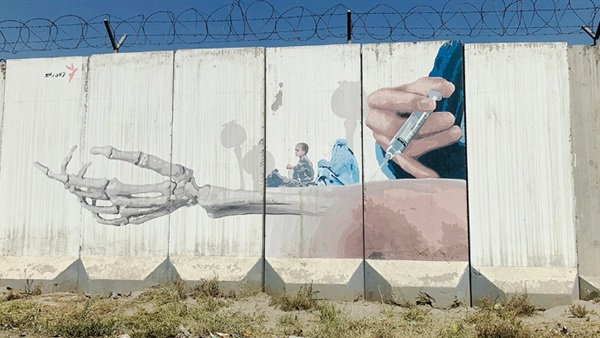The Taliban's War on Drugs: Consequences and Criticisms

The Taliban's Anti-Drug Crusade: A Risky Endeavor
The Taliban's recent ban on opium and ephedra production has
proven to be disastrous for poverty-stricken farmers and has done little to
address the drug problem in the country. The ban is meant to be a demonstration
of ethics by the Taliban, but it is causing widespread starvation and is
threatening to alienate the group's support base.
Despite the Taliban's claims that drugs have been completely
eradicated, users and dealers in Kabul maintain that the supply is still
readily available and controlled by the Taliban. The effects of the ban are
especially felt in Afghanistan's poppy-growing regions, where the drug trade
was the primary source of income for farmers. The move to eliminate opium and
ephedra has left many in the country puzzled and concerned for their financial
well-being, as the drug market in Afghanistan is worth more than any other
commodity in the country.
In provinces like Kandahar and Helmand, where poverty is
rampant and the public sector minimum wage is under $60 a month, opium and meth
have become the only means of survival for many. Foraging for ephedra can bring
in $30 a day, while poppy cultivation generates around $400 million a year for
families in Kandahar. The Taliban's previous attempt to eliminate opium in 2000
was short-lived, and after the U.S. invasion in 2001, opium production
increased.
While the Taliban's anti-drug crusade may have been
well-intentioned, it is proving to be a risky move that is having far-reaching
consequences for the already struggling people of Afghanistan. With
international aid and trade largely suspended, the ban on opium and ephedra
production is leaving many in a state of financial desperation and increasing
the likelihood of widespread famine.





